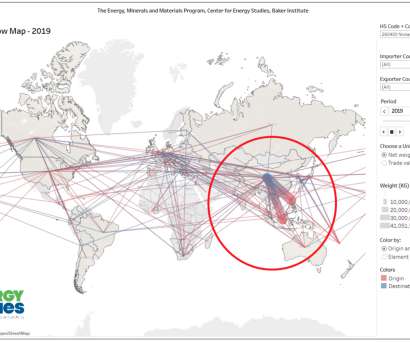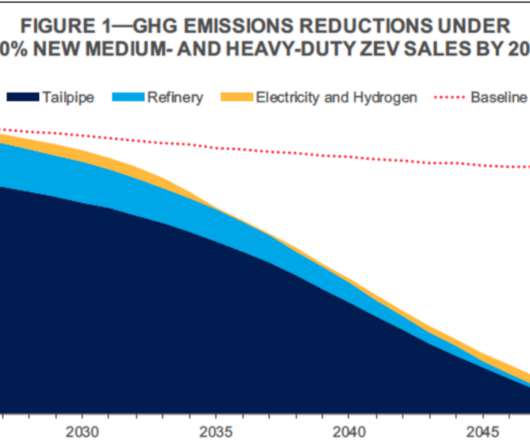Baker Institute report: China has positioned itself as a gatekeeper to the energy transition; nickel case study
Green Car Congress
APRIL 21, 2022
Widely ignored, although gaining attention, is China’s strategic positioning as a crucial gatekeeper to several key “green” technologies, including battery energy storage to support electric vehicles (EVs)—specifically, battery electric vehicles (BEVs)—along with stationary storage for power grids.


















Let's personalize your content